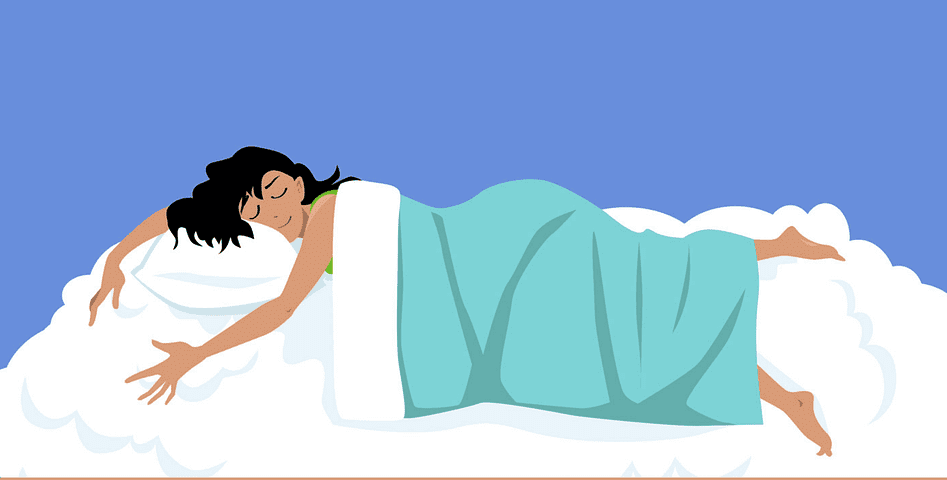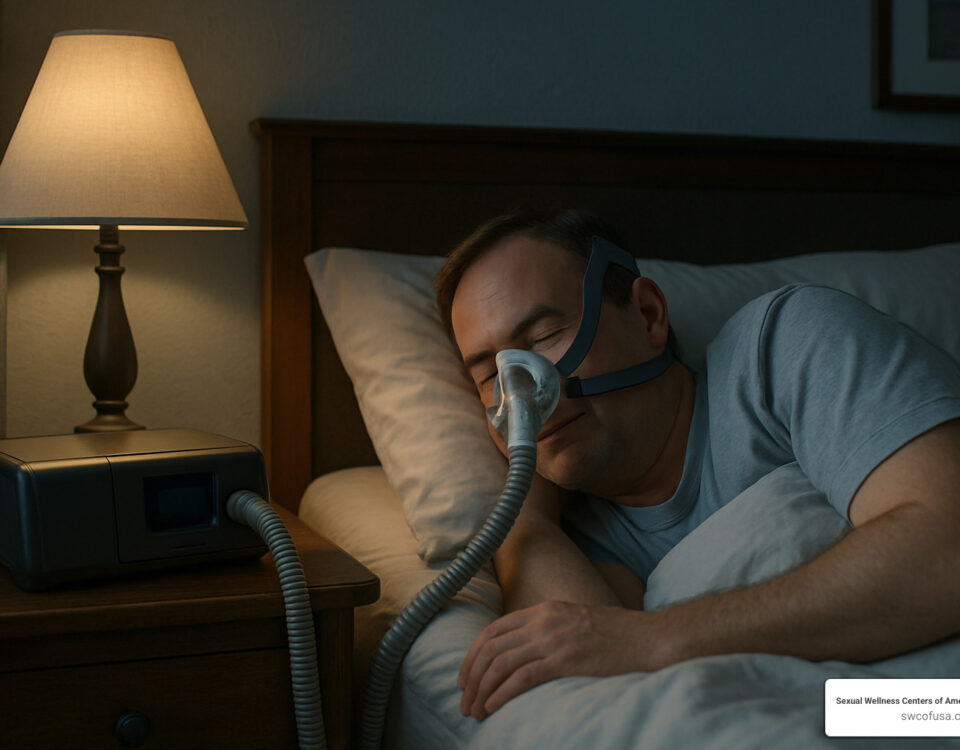
How Periodontal Disease Affects Your Quality of Life
October 2, 2025
The Role of a Primary Care Doctor in Preventive Health Strategies
October 2, 2025Sleep apnea is a sleep disorder where breathing repeatedly stops and starts throughout the night. This interruption can lead to restless sleep and frequent awakenings, leaving people feeling tired or unfocused during the day. Addressing this condition early is a step toward supporting your overall well-being. Here are some tips for managing sleep apnea:
Use a CPAP Machine
A common method for managing sleep apnea involves using a Continuous Positive Airway Pressure (CPAP) machine. This device delivers a steady stream of air through a mask worn over your nose, mouth, or both, helping keep your airways open while you sleep. Different types of CPAP masks are available, including full-face masks, nasal masks, and nasal pillows that rest at the nostrils.
CPAP therapy often requires an adjustment period. Some people notice that the mask feels unusual at first or that the sound of the machine takes getting used to. Cleaning your mask and tubing consistently helps maintain comfort and reduces the chance of irritation or infection.
Modern CPAP machines are designed to be quieter and smaller, making it easier to fit the equipment into your bedroom and daily routine. Some feature humidifiers to prevent dryness in your nose and throat. Your healthcare provider can help determine the correct air pressure setting for your needs.
Get Custom Oral Appliances
Custom-fitted oral appliances provide an alternative for addressing sleep apnea when CPAP machines do not suit your preferences or needs. These devices resemble sports mouthguards or retainers and are worn only while you sleep. They reposition the lower jaw or tongue, providing support for your airway and reducing the likelihood of blockage. Types of appliances include:
- Mandibular advancement devices: These devices move your jaw slightly forward, helping keep the airway open.
- Tongue-retaining devices: These hold the tongue in a forward position to prevent it from obstructing breathing.
Oral appliances are fitted and adjusted by a dentist with specialized training in sleep medicine. This verifies a secure and comfortable fit unique to your mouth. Regular follow-up appointments let your dentist check the fit and effectiveness of your appliance. Consistent use each night, along with periodic adjustments as directed, helps support your sleep routine over time.
Adjust Your Sleeping Habits
Adapting your sleeping habits is a practical way to manage sleep apnea and improve your quality of rest. Sleep position can affect airway structure. Lying flat on the back may cause the tongue and soft palate to block the throat, increasing airway obstruction. Sleeping on your side may provide relief. A body pillow or a special positioning pillow can help prevent rolling onto your back.
Building a consistent bedtime routine can improve sleep quality and enhance how rested you feel. Try to go to bed and wake up at the same times each day, even on weekends, to keep your body’s internal clock in sync. Relaxing before bed by reading, listening to calming music, or taking a warm bath signals to your brain that it’s time to wind down. Reducing screen time close to bedtime also supports better sleep. While sleep hygiene alone does not treat this condition, healthy habits may make it easier to adjust to other treatments.
Manage Sleep Apnea Today
Managing sleep apnea involves a combination of treatment options and daily habits that support restful sleep. Whether you use a CPAP machine, a custom oral appliance, or make adjustments to your sleep habits, taking proactive steps enables you to address this condition effectively. If you experience signs of sleep apnea, such as loud snoring or excessive daytime tiredness, take the next step by scheduling a consultation with a sleep specialist today.





